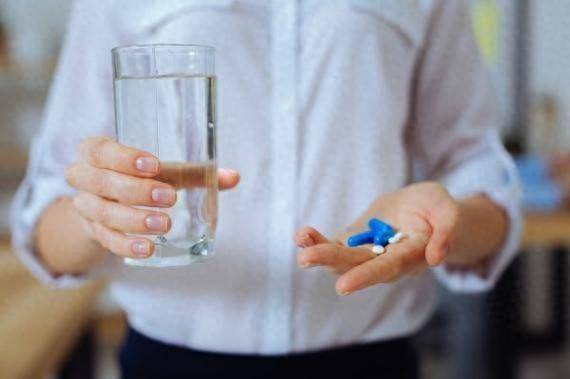Before reading this article, we sincerely invite you to click “Follow,” which will not only facilitate discussions and sharing but also provide you with more professional health knowledge to safeguard your health. Thank you for your support.
People often say, “Health is an invaluable treasure that money cannot buy.” So when we face health challenges, what should we do to protect this precious wealth?
Especially when confronted with chronic diseases such as high blood sugar, what adjustments might we need to make in our lifestyle and habits? To make medical science popularization more vivid and easier to understand, we will explain using a hypothetical story.
On a sunny afternoon, Mr. Teng and his wife went to the hospital for a routine health check-up. Mr. Teng is a retired bank employee who, due to stress from work and an irregular lifestyle in his youth, unfortunately developed high blood sugar and has been relying on medication to control the condition.
Although he has more time to take care of himself after retirement, some details of life still puzzle him.
After the check-up, Mr. Teng took the opportunity to consult the doctor about precautions when using blood sugar medication. The doctor, an experienced physician, is well-acquainted with Mr. Teng’s situation.
The doctor patiently explained to Mr. Teng that while blood sugar medications are beneficial, there are three things to avoid during treatment; otherwise, not only will the efficacy of the medication diminish, but it could also pose greater risks to health.
The doctor told Mr. Teng to limit the intake of simple carbohydrates, such as white rice and steamed buns, as they can cause a rapid spike in blood sugar levels, potentially affecting the medication’s effectiveness.
The doctor elaborated on the impact of food on blood sugar and referenced recent research data, indicating that after dietary adjustments, high blood sugar patients could effectively reduce nearly half of their medication dependence. Mr. Teng nodded repeatedly, feeling that he had gained a lot from the explanation.
Next, the doctor particularly emphasized the need to drink alcohol in moderation. After all, excessive drinking forces the liver to work harder, which can confuse blood sugar levels. Finally, the doctor specifically advised Mr. Teng not to overexert himself with high-intensity exercises; moderation is key.
While moderate exercise is beneficial for health, intense physical activities can lead to significant fluctuations in blood sugar levels within a short period, which may pose instability risks for patients on blood sugar medications.
Mr. Teng listened carefully to every word from the doctor and felt that this consultation was more fruitful than usual. He had many new ideas and plans in mind and decided to have a good discussion with his wife about readjusting their lifestyle habits when they got home.
After carefully considering the advice on diet, drinking, and exercise, Mr. Teng seemed to have an epiphany but then revealed a trace of confusion.
He asked the doctor:


